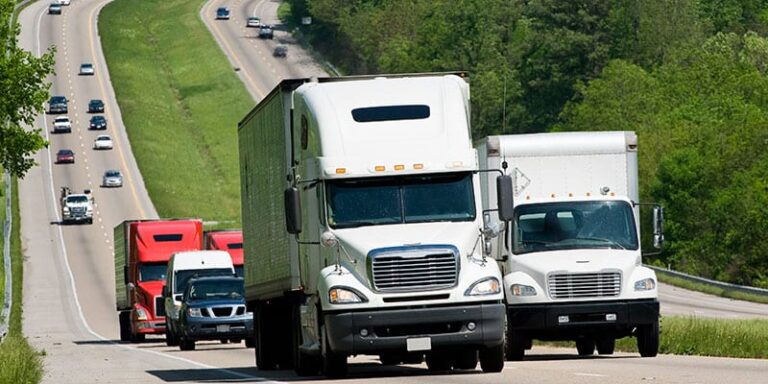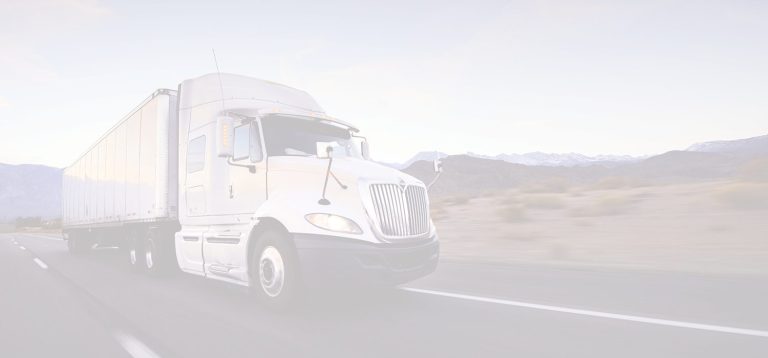Author
Thom Albrecht, Chief Revenue Officer at Reliance Partners
As the Chief Revenue Officer at Reliance Partners, an insurance agency focused solely on trucking and logistics companies, you might be surprised to read that it is a good idea to shop your commercial trucking insurance periodically, but there is a “right” way, and a “wrong” way to do this.
Renewing Strategically Without Agent Hopping
First, it’s not necessary to bring in other agencies each year. Suppose you chose insurance agency A in 2025. During the 2026 and 2027 renewals, push your agent to find additional auto liability options. If you have hired a new safety director or enhanced driver training, added cameras, etc., make sure the agent understands the trends and articulates them to markets, even if loss ratios are only in the early stages of improvement.
Understanding Your Coverage Details
For cargo coverage, understand what commodity coverage exclusions exist. Common exclusions include copper, pharmaceuticals, jewelry, electronics, and even hazmat. Have the agent obtain coverage crucial to your business. And make sure broken seals and reefer breakdowns are covered.
Regarding physical damage, understand your deductible and towing limits. The deductible could be per unit, meaning a separate deductible is paid for the tractor and the trailer if both are damaged in the same accident. And if the towing limit is per occurrence, your towing/storage expense coverage could be limited if both are damaged in the same accident. This may leave a motor carrier responsible for paying towing/storage fees over the limit on the policy.
More ideal coverage would be a combined tractor/trailer deductible where there is one deductible, even if both equipment pieces are damaged in the same accident, and to have the towing limit be per unit, where the full towing limit is available separately for both the truck and the trailer.

Using Competition to Stay Efficient
Second, to keep your agent “honest”, on his/her toes, every 3-4 years, bring in 1-2 more agents, but not 7 or 8 agents. Why? There are only so many markets likely to be interested in underwriting your company. If there are 10-15 markets that may be a legitimate fit, and 7-8 agents are brought in, that is less than two underwriters per agent. This small number will be a disincentive. And while it may seem counterintuitive, having 2-3 agents work 10-15 markets will enhance your renewal experience because the agents will believe they can win your business.
Ask agencies about their top underwriters for motor carriers with your profile, e.g., 12 trucks and one CSA alert, operating dry van trucks east of Kansas City, etc. (or whatever), what markets might be a good fit and why? How do coverage options and nuances vary, and what is the service like during the year?
Setting Clear Market Expectations
Third, in years with additional agents, set expectations up front on which agents get to block specific markets. If the incumbent agent blocks 10 markets and other agents only get two markets apiece, that won’t be as competitive. Our recommendation? Allow the incumbent to block the existing market, then 3-5 other markets. And then equally parse 3-5 markets apiece to the other 1-2 agents to make it a competitive process.
If an underwriter receives a submission from 7-8 agents, your application almost assuredly will go to the bottom of the pile. Underwriters don’t like transactional motor carriers, only interested in price, without regard for the agent relationship. Some may interpret that as being less committed to continuous improvement and building the safest possible fleet.
The Value of the Right Agent
A good agent finds appropriate risk solutions. As your business changes, their mission is to find underwriters matching your business and safety profile. Agents should never adopt a cookie-cutter approach to finding you the right risk solutions. Even when a motor carrier is small, it makes sense to purchase a general liability policy, and depending upon the complexity of the operation, somewhere between 10-20 trucks it makes sense to explore cyber security insurance.
RESOURCE CENTER
Learn More About Trucking
How Rising Trucking Insurance Costs Are Impacting Fleets — And What Companies Can Do About It
It’s no surprise that trucking companies have faced some of the most challenging years in recent memory. Economic instability, rising…
Top 10 Trucking Technologies for 2025 | Tools for Fleet Growth
It is a night-and-day difference driving a semi today compared to 20 years ago. Before major technological advancements, truck driving…
5 Changes to Expect in Trucking in 2026
As we begin turning to the year 2026, we reflect on the vital role trucking plays in strengthening the nation’s…


